What if Loyalty Failed in "Starship Troopers"?
In "Starship Troopers," trust defines survival. Explore how Carl Jenkins' betrayal of Johnny Rico could have shattered the Federation's strength in its war against the Arachnids.
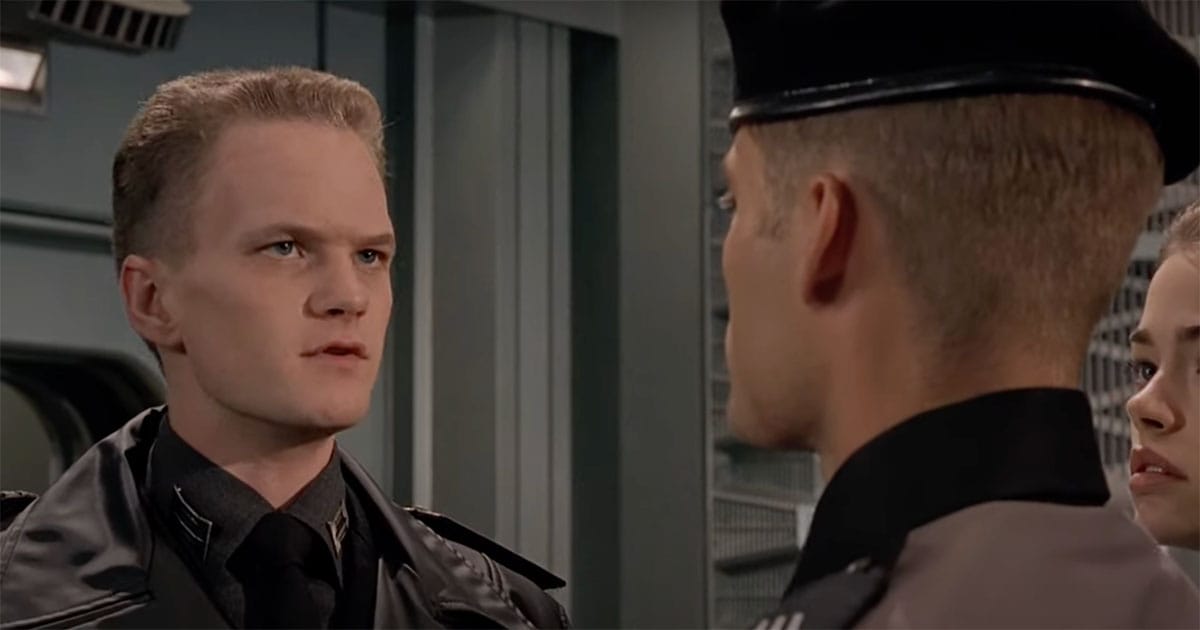
"Starship Troopers" is a campy and fun film based (in part) on one of the genre's best novels In this future society, survival depends not just on weapons or tactics, but on the loyalty between soldiers. Carl Jenkins, a gifted psychic and intelligence officer, is one of Johnny Rico's closest allies in the Mobile Infantry. His abilities offer the Federation a critical advantage in the war against the Arachnids.
But trust is a fragile thing. What if Carl Jenkins, with his knowledge of Federation strategy and psychic insight, had betrayed Johnny Rico to the Bugs? In a conflict where information and loyalty determine victory or defeat, one betrayal could have reshaped the fate of humanity. This article explores how such a break in trust might have changed the course of the war—and whether the Federation could have survived it.
Carl Jenkins' Strategic Importance
In "Starship Troopers," Carl Jenkins holds a rare position within the Federation's military hierarchy. As a telepath, he gathers intelligence in ways beyond the reach of conventional officers. His abilities allow him to detect enemy intent, coordinate complex operations, and uncover threats before they materialize. His work inside the Military Intelligence Corps shapes many of the Federation's most decisive actions against the Arachnids. Jenkins is not merely reactive. He anticipates danger before it strikes.
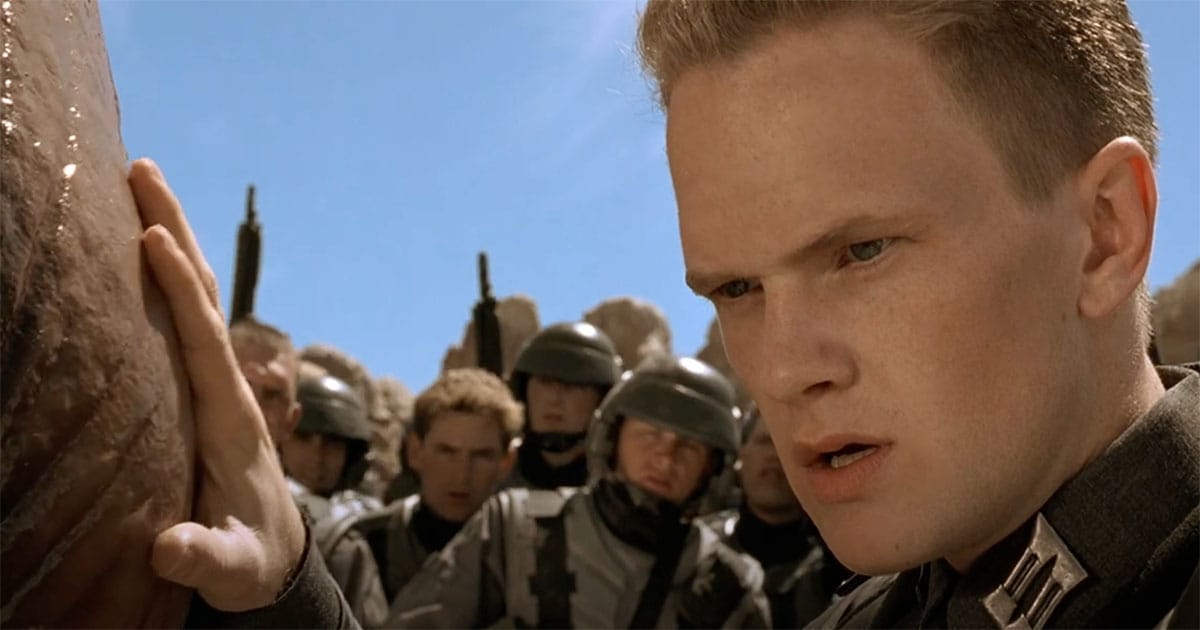
In the novel, Jenkins' loyalty is unquestioned. He works not for personal ambition, but for the survival of the Federation and the advancement of humanity. This dedication gives the Mobile Infantry a critical advantage in a war where information and timing mean everything.
Had Jenkins chosen betrayal over duty, the consequences would have been catastrophic. With his classified knowledge and psychic skills, he could have exposed battle plans, compromised leadership, and unraveled the Federation's command structure. His value to the war effort depended not only on his abilities, but on the bond he inspired. Without that bond, humanity's chances would have grown dangerously thin.
Immediate Impact of Betrayal
If Carl Jenkins had betrayed Johnny Rico to the Bugs, the immediate consequences would have been severe. Rico, separated from his unit and stripped of operational support, would likely have faced capture or death. Without warning, the Mobile Infantry would have lost one of its most capable officers during a critical phase of the war. Rico's leadership, forged through harsh training and battlefield experience, could not have been easily replaced.
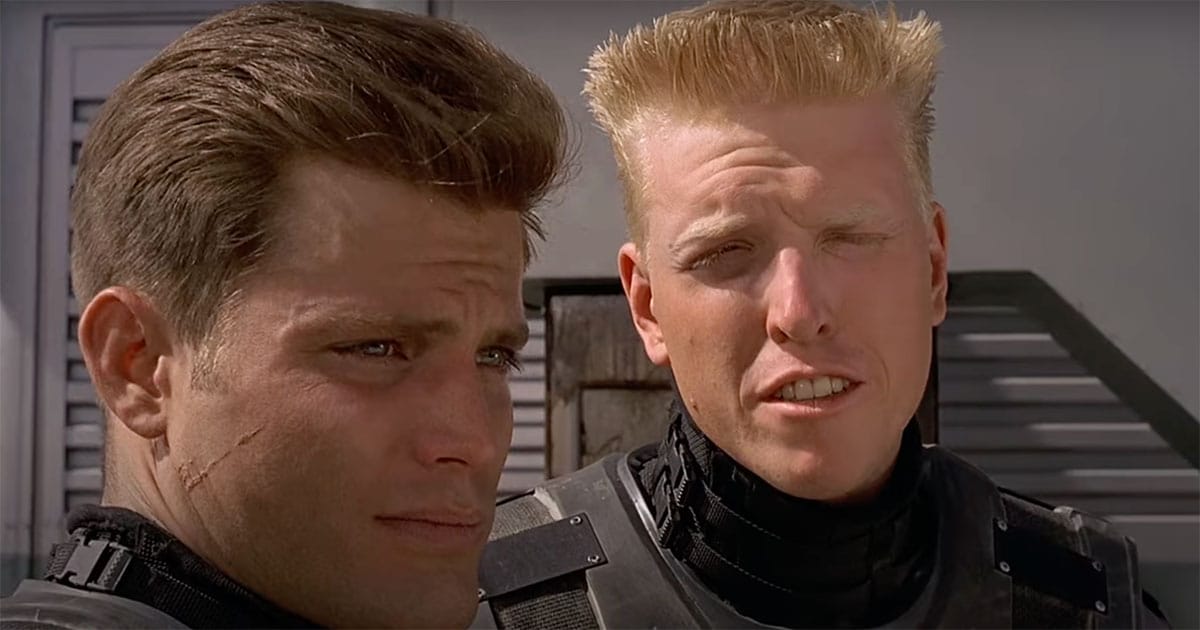
The damage would not have ended with the loss of one man. Morale within the Mobile Infantry would have suffered a serious blow. Soldiers who trusted in the integrity of their officers would have been forced to question their chain of command. Hesitation and doubt, even for a moment, could have turned well-planned operations into chaos. In a war where unity and discipline determined survival, betrayal from within would have been more dangerous than any external threat.
Tactically, the situation would have become even more perilous. Jenkins' access to battle plans, troop movements, and Federation strategy would have given the Arachnids an overwhelming advantage. Ambushes, false intelligence, and the exposure of human weaknesses would have followed. Entire campaigns could have been lost before they began. The Federation's ability to maintain pressure on the Bugs would have collapsed, forcing a retreat that humanity might not have recovered from.
In a conflict built on swift, decisive action, treachery at the heart of command would have been a death sentence for more than just one soldier.
Long-Term Consequences for the Federation
The betrayal of Johnny Rico would not have remained an isolated disaster. In "Starship Troopers," the Federation depends on a fragile relationship between its military and its citizens. Service is not only a duty but the foundation of civic life. If Carl Jenkins had turned against the Federation, that foundation would have started to crack.
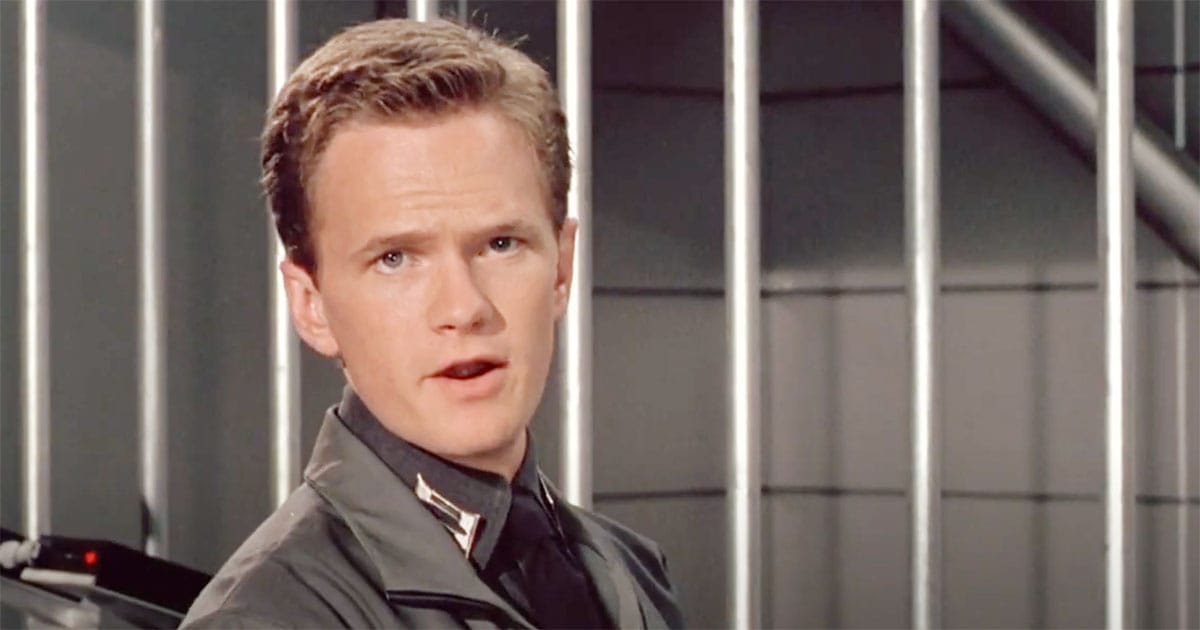
Trust in the Mobile Infantry's leadership would have eroded quickly. Soldiers rely on the certainty that orders come from men who share their sacrifice and loyalty. Once that certainty was broken, discipline would have faltered across the services. Veterans returning to civilian life would have brought home stories of betrayal, spreading doubt among the citizens who depended on them for protection. Public confidence in the government, already built on the narrow qualification of earned citizenship, would have weakened. Without trust, the Federation's political system would have lost its moral authority.
Strategically, the war effort would have suffered far beyond a few lost battles. The Arachnids, given access to Federation strategy through Jenkins, could have exploited weaknesses humans did not even know they had. Surprise attacks, sabotage, and psychological warfare would have turned the Federation's strength into a liability. Entire colonies might have fallen, cutting humanity off from critical resources and reducing its ability to fight.
In time, the Federation itself could have crumbled under the strain of internal distrust and external pressure. Victory in "Starship Troopers" is portrayed as the product of discipline, loyalty, and shared sacrifice. Without those pillars, humanity's war against the Bugs might have ended in retreat or extinction.
Trust as Humanity's Shield
In "Starship Troopers," victory over the Arachnids is not presented as a product of superior technology alone. It stems from the strength of men who trust one another without hesitation. Carl Jenkins' loyalty is a quiet but essential part of the Federation's survival. Had he betrayed Johnny Rico, it would have shown that no bond was secure, no order worth following, and no future certain.
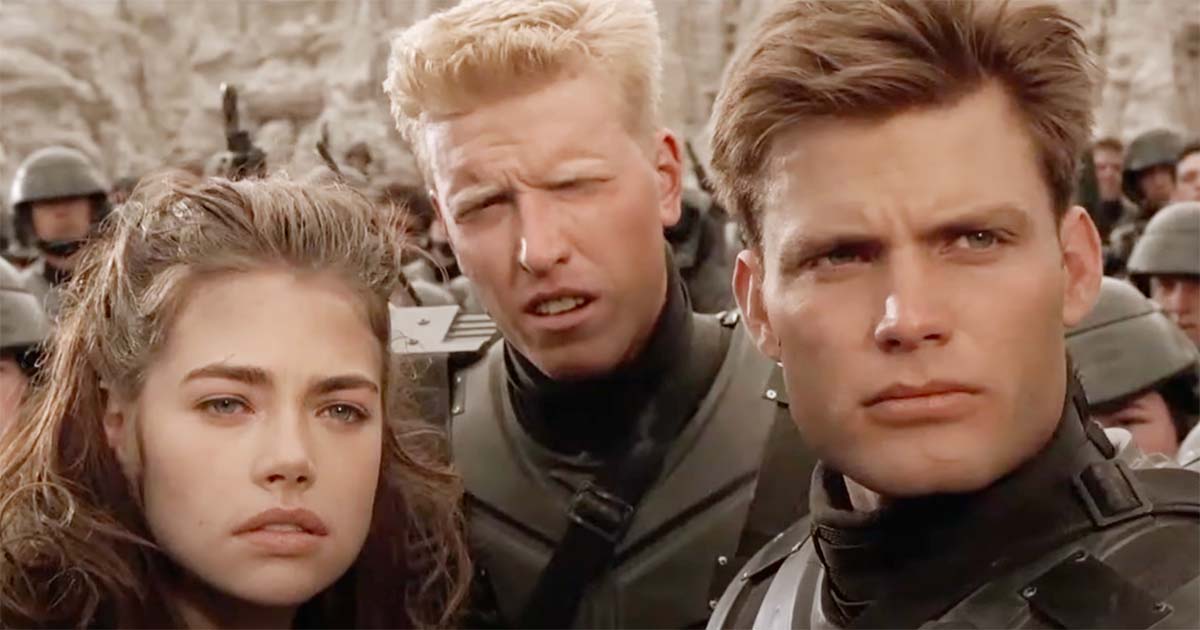
Heinlein's vision reminds the reader that civilizations endure not through fear or force, but through shared commitment and sacrifice. Trust binds the soldier to his unit, the citizen to his government, and humanity to its own destiny. Without it, even the most disciplined society collapses under the weight of suspicion and fear.
The possibility of Jenkins' betrayal, though imaginary, underlines how narrow the path to survival truly was. In Heinlein's future, loyalty was not optional. It was the final shield against extinction.

